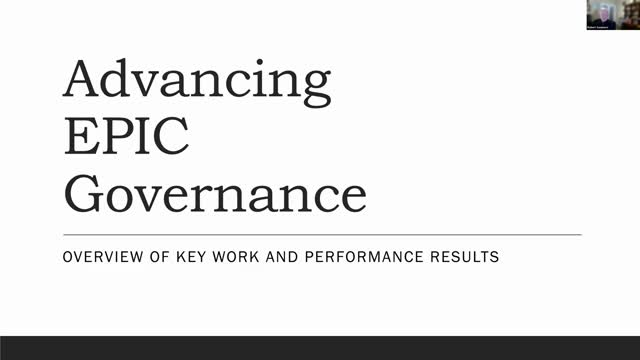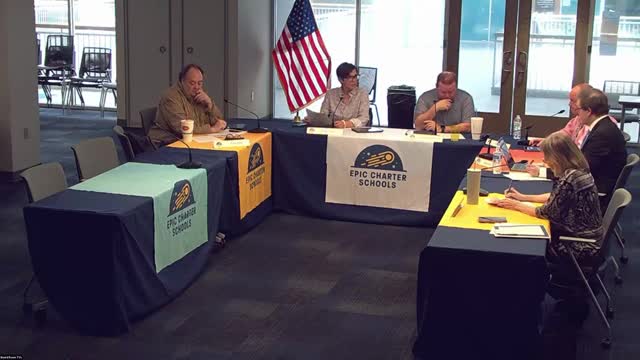Article not found
This article is no longer available. But don't worry—we've gathered other articles that discuss the same topic.

EPIC spotlights student performances and community programs; Indigenous health pilot, grants and competitions highlighted

EPIC reports above-expected semester growth after implementing in-house intervention program

